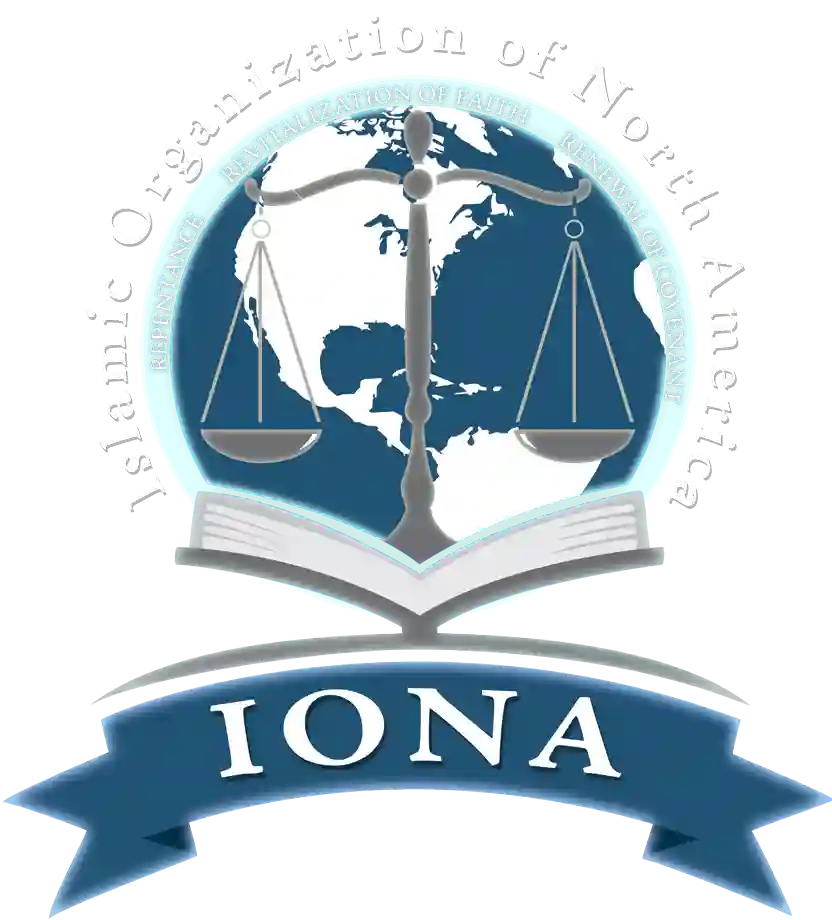The reader is surely familiar with the phrase “Islam means peace”, a response to the linkages of Islam with violence. Similarly, perhaps the most common statement from Muslims since September 11, 2001 is “jihad does not mean holy war, but struggle.” Now Muslim apologists in the United States have found a new term to correct. Speaking of al-Qa’ida and “violent Sunni extremists” in September of 2006, President Bush stated, “They hope to establish a violent political utopia across the Middle East, which they call a “Caliphate” – where all would be ruled according to their hateful ideology.” Some months later, in a May 2007 press conference, the President said of al-Qa’ida, “Their strategy is to drive us out of the Middle East. They have made it abundantly clear what they want. They want to establish a caliphate. They want to spread their ideology. They want safe haven from which to launch attacks.” While the accuracy or inaccuracy, methods, and ambitions of the President’s claims are the subject of a separate discussion for a different forum, his use of the term “caliphate”, which obliged immediate response from many a Muslim speaker and activist, deserves comment.
The Qur’an states that God created Adam in particular and the human race in general to be His khalīfa (caliph) on the earth. The term “caliph” has been used throughout Muslim history to refer to various persons of authority, be they monarchical political leaders or the heads of revivalist and/or Sufi movements. Scholars have sometimes used the term in referencing the Sunni outlook on the golden age of Muslim history, that of the Rightly Guided Caliphs who succeeded the Prophet Muhammad.
While popular definition of the term indicates a sort of vicegerency of the Divine or successorship to the Prophets, the moral, social, political, and economic dimensions of this role have been thoroughly explored. A common topic of Muslim Student Association lectures, for example, is the construction and constitution of a theoretical, ideal Islamic way of life – whether as society or as polity – and the term used in such lectures is caliphate. Political Islamists use the term to reference the establishment of an Islamic polity, commonly regarded as the “Islamic State.” They sometimes refer mournfully to March 3, 1924 as the moment of the final demise of the Caliphate: the abolition of the Ottomans. The majority of these Islamists are non-violent; more importantly, few have any connection to al-Qa’ida.
As an anti-occupation resistance movement, the Indian subcontinent saw the rise of a “Khelafat Movement” to fight off the British colonizers. A non-Muslim member of this movement went on to attain his own global notoriety: M. K. Gandhi. Recently, scholars such as Professor Amina Wadud have placed focus not on the political or liberatory meanings of the term, but on the aspect of moral agency. Others still have embraced the zeitgeist and directed attention to the role of the human race in caring for the environment: These Muslims call on congregants to fulfill their roles as caliphs of the earth.
The term, then, is a robust and multidimensional one. But the President’s remarks – emblematic of the widespread characterization of Islam as uniquely connected to violence and authoritarianism (a characterization that is sometimes opportunist, sometimes bigoted, but consistently myopic) – have compelled what is now becoming the most common use of the term by Muslims in the United States: the apologetic use. It is the same tune that we have heard for over a century of Islam in America. In the same way that jihad does not mean “holy war” but “struggle”, caliphate does not mean “authoritarian state” but “God’s vice-regency.”
Thus, the President has perpetuated a theme by adding a new word to a growing lexicon of hate. Likewise, the apologists are responding in a familiar way, necessarily diminishing the complexity of a term to counter its flagrant misappropriation: Yesterday it was jihad; today it is caliphate; no doubt tomorrow will see a different term. As the Muslim populations of America actively work to develop their indigenous Islam, the challenge will involve determining – in the face of this rhetorical contest – exactly what types of caliphs they seek to be. This writer intends to continue using the term caliphate. That is his jihad.
Thus, the President has perpetuated a theme by adding a new word to a growing lexicon of hate. Likewise, the apologists are responding in a familiar way, necessarily diminishing the complexity of a term to counter its flagrant misappropriation: Yesterday it was jihad; today it is caliphate; no doubt tomorrow will see a different term. As the Muslim populations of America actively work to develop their indigenous Islam, the challenge will involve determining – in the face of this rhetorical contest – exactly what types of caliphs they seek to be. This writer intends to continue using the term caliphate. That is his jihad.
Sightings comes from the Martin Marty Center at the University of Chicago Divinity School.
You will have the confidence throughout the experience that He will take care of you one way or another; He will deliver you through to comfort.
Submissions policy
Sightings welcomes submissions of 500 to 750 words in length that seek to illuminate and interpret the forces of faith in a pluralist society. Previous columns give a good indication of the topical range and tone for acceptable essays. The editor also encourages new approaches to issues related to religion and public life.
Attribution
Columns may be quoted or republished in full, with attribution to the author of the column, Sightings, and the Martin Marty Center at the University of Chicago Divinity School.
IONA, 28630 Ryan Rd., Warren, MI 48092 | Tel: 586-558-6900 | E-mail: center@iononline.org
End

